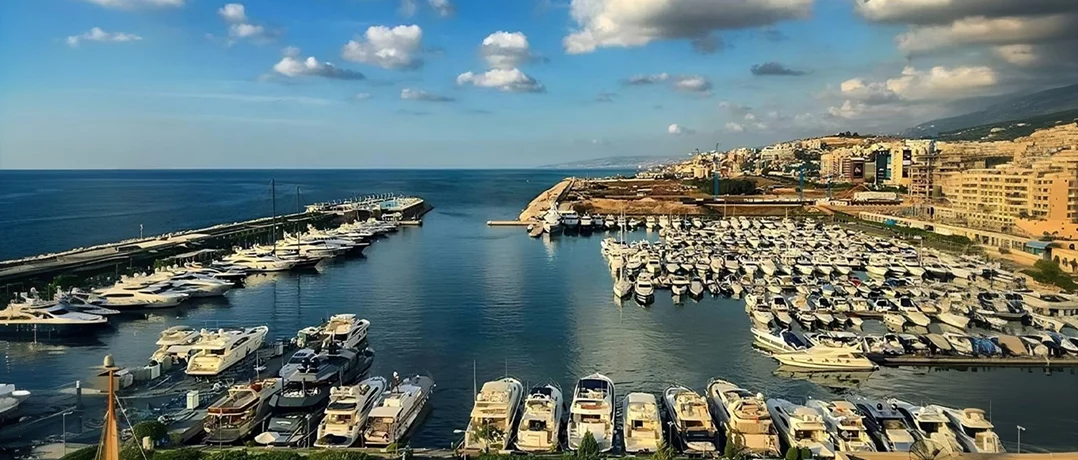Lebanon tops Arab tourist spending charts, but behind the luxury lies inflation, inequality, and dysfunction
Lebanon tops Arab region in average tourist spending
Lebanon tops Arab region in average tourist spending


Lebanon has emerged as the highest-ranking Arab country in average tourist spending for 2024, according to new data from the UN World Tourism Organization (UNWTO). On average, each international visitor spent $4,115 per trip more than twice the amount recorded in Qatar, and roughly fifteen times that of Tunisia.
Economists argue that these figures tell a more troubling tale: one of inflation, monopolies, and systemic dysfunction that make Lebanon an expensive destination not necessarily a profitable one.
“These figures don’t signal economic strength,” explains Christina Abi Haidar, legal expert and economic analyst. “They actually reflect how costly it has become to live, work, and even vacation in Lebanon.”
Luxury by necessity
Once in Lebanon, the cost of basic utilities drives prices even higher. Electricity remains unreliable and exorbitant: hotels pay two bills one to the state, another to private generator owners. Diesel generator operators often charge three to four times the real cost of production.
Water and other essentials are also unregulated. “In Greece, for instance, a bottle of water is capped at €0.50 nationwide. In Lebanon, every restaurant or beach resort charges whatever it wants,” notes Abi Haidar.
Hotels operate seasonally, raising rates during high-demand months to cover off-season losses. Coastal resorts make their yearly profit in summer; mountain hotels do the same in winter. Lebanon’s tourism sector thus leans heavily towards luxury rooftop bars, beach clubs, fine-dining venues, and ski resorts less as a strategy than as a survival mechanism.
With almost no local industry, virtually everything from food to hotel supplies is imported in dollars or euros. “You can pay the same for dinner in Beirut as in Paris,” Abi Haidar observes. Partial dollarisation further amplifies costs, making even basic operations as expensive as luxury services.
Economic dysfunction behind high spending
Lebanon’s record tourist spending conceals a fragile economic reality. Since 2019, the Lebanese pound has lost about 95% of its value, with hyperinflation reaching 221% in 2023. While prices for locals have skyrocketed, most tourism-related services are dollarised making costs comparable to those in Western Europe, even as local purchasing power collapses.
The banking sector remains paralysed, with depositors still unable to access their savings. As a result, tourism revenues rarely feed into the domestic economy. Foreign-currency earnings are often hoarded as cash or transferred abroad, preventing any real multiplier effect. The money tourists spend does not circulate back into jobs or investment.
Over 80% of Lebanese now live below the poverty line, and GDP has contracted by about 40% since 2019. In this context, high tourist spending reflects economic hardship, not recovery.
Moreover, a large share of Lebanon’s “tourists” is in fact expatriates returning home. "They spend heavily because they’re here for a short time and because they feel emotionally attached. They want to enjoy the homeland,” Abi Haidar says.
But this is not sustainable tourism growth; it’s seasonal nostalgia spending.
The bigger picture
While tourism revenue technically flows into Lebanon, it rarely generates employment or reinvestment. “There’s no multiplier effect,” Abi Haidar warns.
Money comes in, but it doesn’t move it just leaves again.
Experts argue that reversing this pattern requires cross-ministerial coordination. “The Ministry of Tourism can’t fix it alone,” she adds. “We need a unified national plan involving the Ministries of Economy, Infrastructure, Energy, and Finance. Without structural reform, we’ll stay in a cycle where tourists spend a lot but the country gains little.”
Lebanon’s record-high tourist spending is, in truth, a mirror of imbalance, not a badge of prosperity. Prices rise not because the sector thrives, but because essentials, energy, and imports are exorbitant. Until Lebanon rebuilds trust in its institutions, lowers structural costs, and reinvests earnings locally, it will remain a paradox a destination where tourists spend more than anywhere else, yet the economy feels it the least.


